Atlanta, Georgia, is among the most popular cities in the world for filming movies. All of that might change, however, due to the recent abortion bill which was signed into law by Republican Governor Brian Kemp.
The bill, which outlaws abortions after a fetal heartbeat can be detected, has drawn ire from around the country due to its clear disregard for the Supreme Court's Roe v. Wade ruling, as well as the fact that many women don't even know they're pregnant by the time their fetus develops a heartbeat (around 6 weeks).
When the bill was being voted on by Georgia's general assembly, stars Alyssa Milano, June Diane Raphael, and George Takei spoke out against it. The bill still managed to pass the house in a 92 to 78 vote before being signed into law by Kemp.
Now, Killer Films, the production company behind Vox Lux, First Reformed, and Carol will "no longer consider Georgia as a viable shooting location until this ridiculous law is overturned" according to CEO Christine Vachon.
David Simon, creator of The Wire and CEO of Blown Deadline Productions, expressed a similar sentiment:
"I can't ask any female member of any film production with which I am involved to so marginalize themselves or compromise their inalienable authority over their own bodies. I must undertake production where the rights of all citizens remain intact.
Can only speak for my production company. Our comparative assessments of locations for upcoming development will pull Georgia off the list until we can be assured the health options and civil liberties of our female colleagues are unimpaired."
Mark Duplass of Duplass Brothers Productions called on Hollywood to boycott Georgia until the law is no longer in effect:
"Don't give your business to Georgia. Will you pledge with me not to film anything in Georgia until they reverse this backwards legislation?"
CounterNarrative films got on board with Duplass's plan, writing on Twitter:
"No Georgia filming on any of our projects until this law is gone."
The MPAA, which represents the five major film studios (Paramount, Warner Bros., Universal, Columbia, and Disney), is a bit more hesitant, waiting to take action until the law is either upheld or struck down by the courts. MPAA senior vp of communications
"Film and television production in Georgia supports more than 92,000 jobs and brings significant economic benefits to communities and families. It is important to remember that similar legislation has been attempted in other states, and has either been enjoined by the courts or is currently being challenged.
The outcome in Georgia will also be determined through the legal process. We will continue to monitor developments."
The new bill is set to go into effect this upcoming January 2020, though it will almost certainly be challenged in the courts prior to that.
Previously, laws placing limitations on abortions have been struck down by the Supreme Court, but many states are now trying to legislate the issue once again in hopes that newly-appointed conservative justice Brett Kavanaugh will shift the balance of the court in their favor.
Threats of boycotts against Georgia have sprung up in the past in response to the state's controversial conservative laws, including a proposed bill which would have allowed adoption agencies to turn away same-sex couples.
However, the generous tax kick-backs the state offers film productions is incredibly alluring to producers and the impact of such boycotts is often relatively small.
Many people online are calling for filmmakers to boycott the state:
Perhaps this issue will be the one Hollywood finally takes note of, especially if the courts uphold Georgia's new law, effectively overturning Roe v. Wade and re-banning abortion in the nation's conservative states.

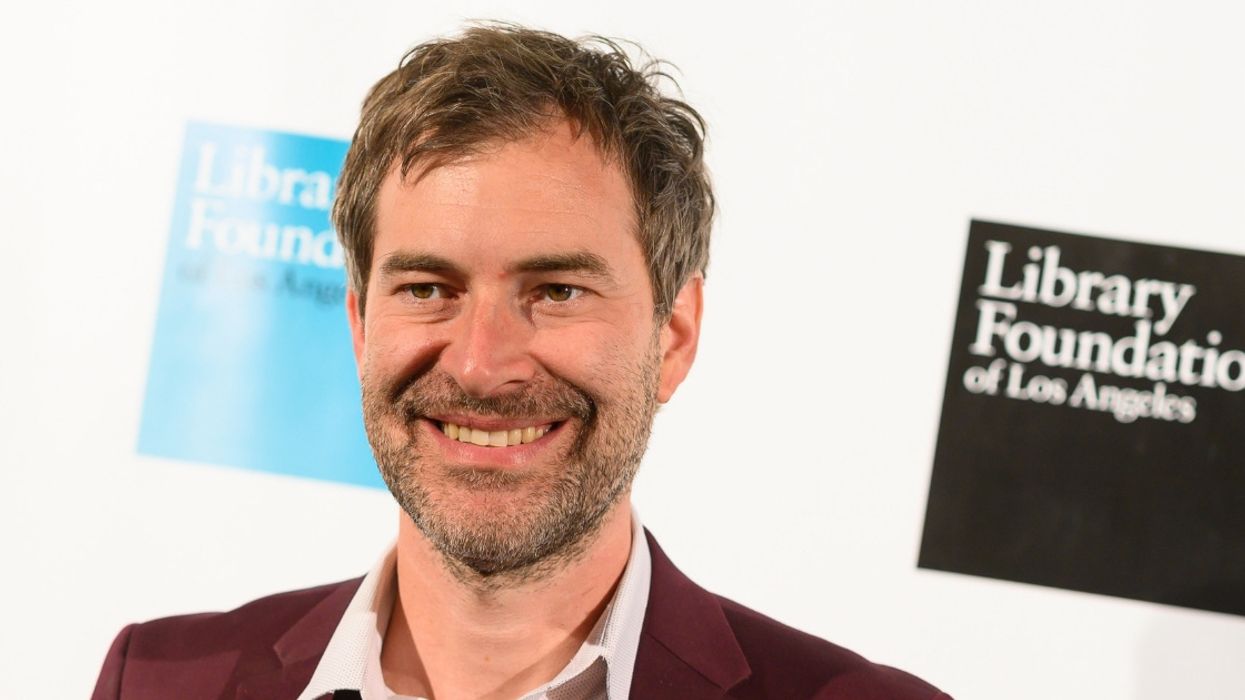


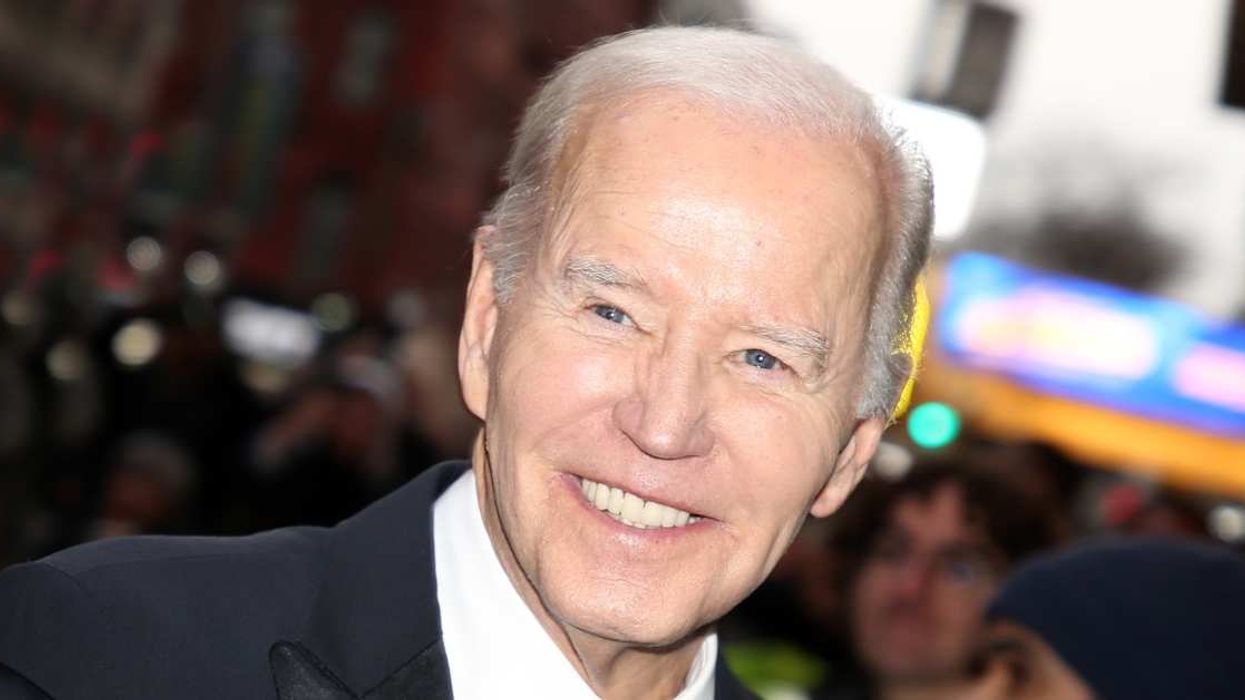


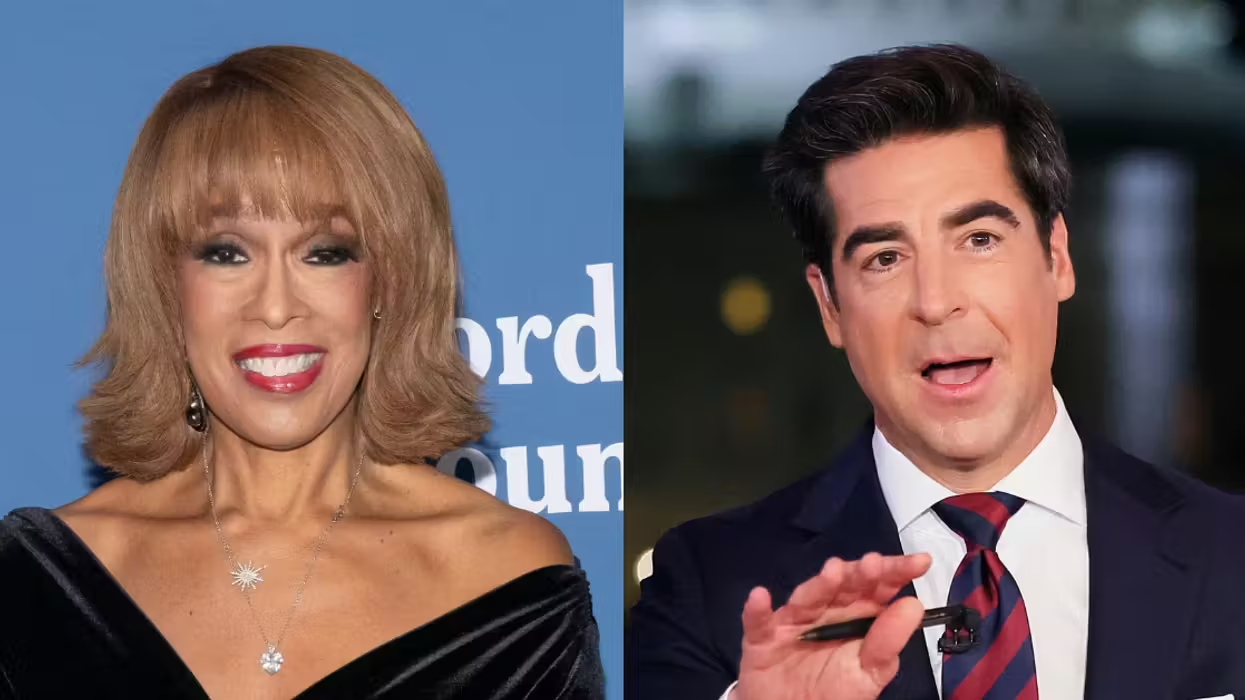

 @gayleking/Instagram
@gayleking/Instagram @gayleking/Instagram
@gayleking/Instagram @gayleking/Instagram
@gayleking/Instagram @gayleking/Instagram
@gayleking/Instagram @gayleking/Instagram
@gayleking/Instagram @gayleking/Instagram
@gayleking/Instagram @gayleking/Instagram
@gayleking/Instagram @gayleking/Instagram
@gayleking/Instagram @gayleking/Instagram
@gayleking/Instagram @gayleking/Instagram
@gayleking/Instagram @gayleking/Instagram
@gayleking/Instagram @gayleking/Instagram
@gayleking/Instagram @gayleking/Instagram
@gayleking/Instagram @gayleking/Instagram
@gayleking/Instagram @gayleking/Instagram
@gayleking/Instagram @gayleking/Instagram
@gayleking/Instagram @gayleking/Instagram
@gayleking/Instagram @gayleking/Instagram
@gayleking/Instagram @gayleking/Instagram
@gayleking/Instagram @gayleking/Instagram
@gayleking/Instagram @gayleking/Instagram
@gayleking/Instagram @gayleking/Instagram
@gayleking/Instagram @gayleking/Instagram
@gayleking/Instagram @gayleking/Instagram
@gayleking/Instagram
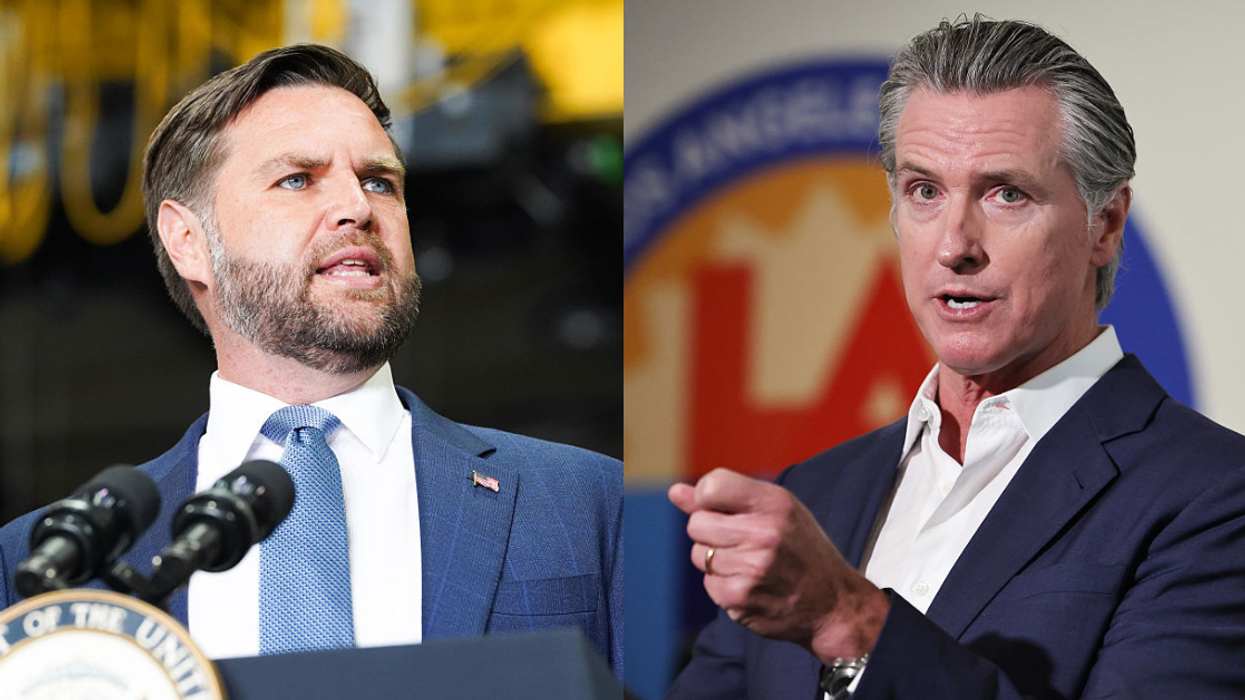



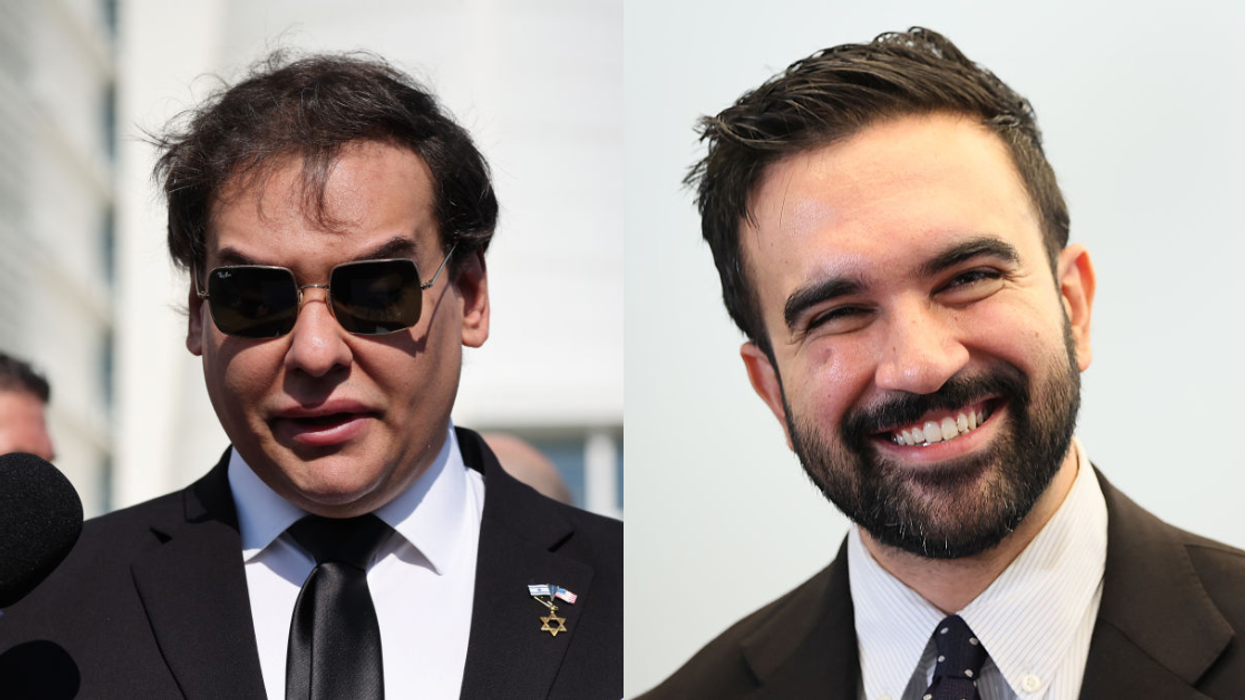

 The night sky with stars and a mountain in the background Photo by
The night sky with stars and a mountain in the background Photo by 
 Kitchen Fail GIF
Kitchen Fail GIF  Stranger Things Indiana GIF by netflixlat
Stranger Things Indiana GIF by netflixlat 
